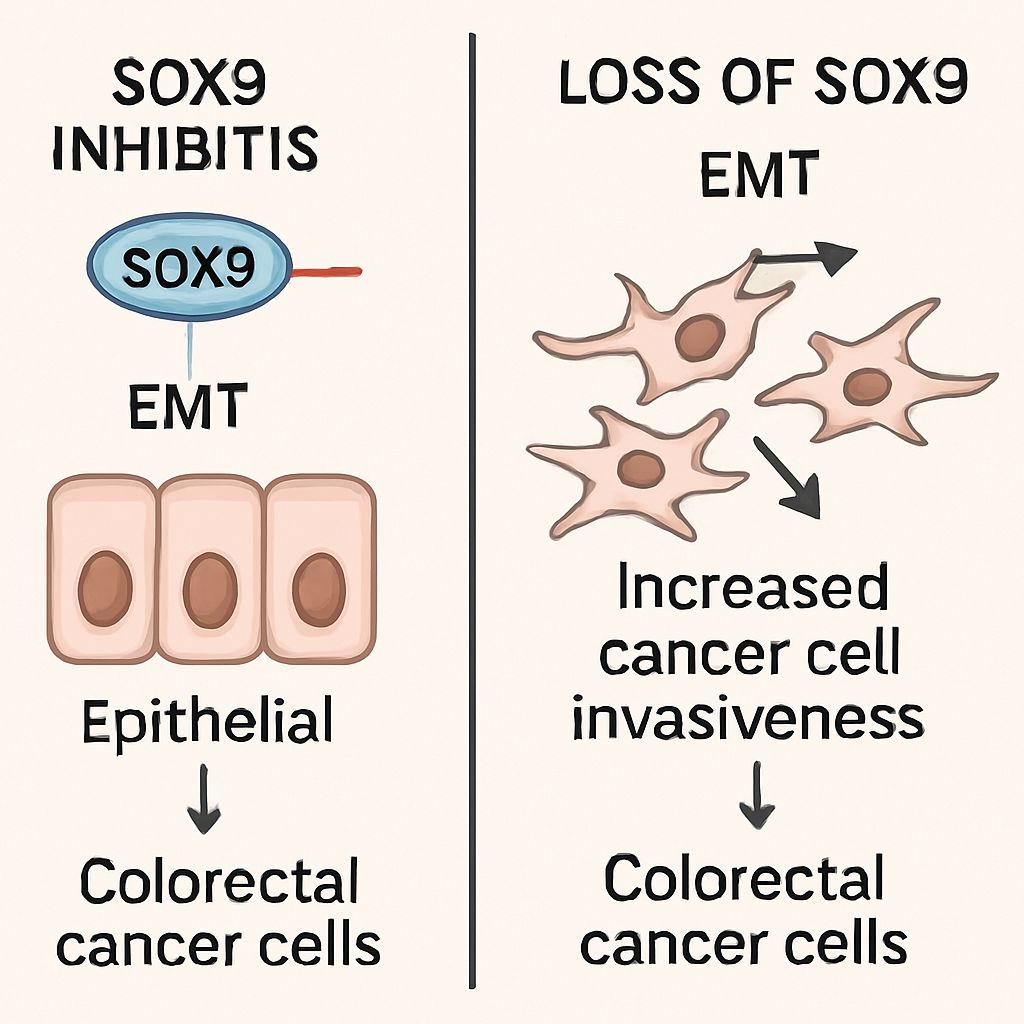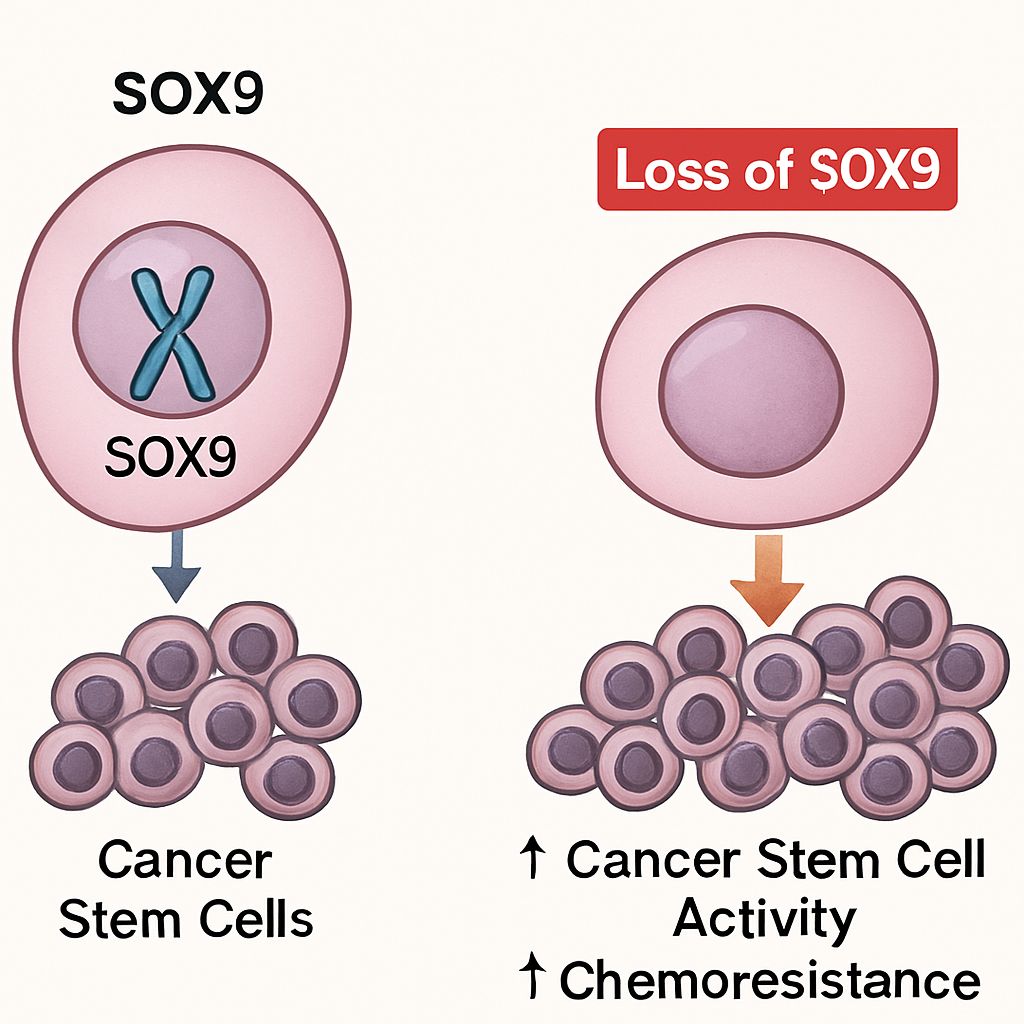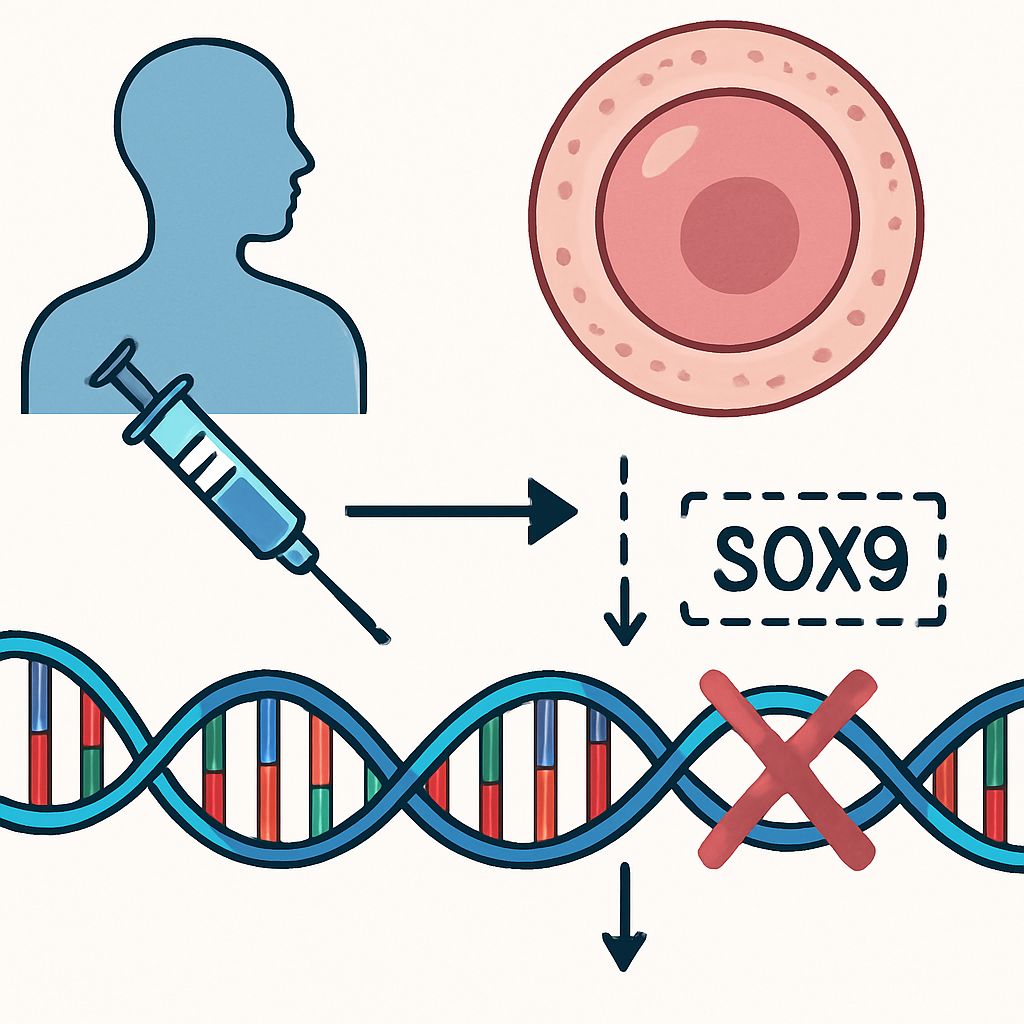The SOX9 Gene and Colorectal Cancer: A Critical Link in Cancer Progression
The SOX9 gene and colorectal cancer—a connection that could change the way we understand and treat this widespread disease. Have you ever wondered how a single gene could affect cancer’s progression and treatment? Well, the SOX9 gene plays a crucial role in colorectal cancer, and its loss can drastically impact cancer development. Let’s explore the fascinating science behind this gene and its implications for cancer treatment.
After analyzing everything across the internet and gathering real-world insights, the Bhussan.com team shares this friendly, helpful article to help you understand this critical link.
What is the SOX9 Gene and Why is It Crucial for Colorectal Cancer?

The SOX9 gene and colorectal cancer are linked in ways that are just beginning to be understood. SOX9 is a transcription factor that plays a pivotal role in cell differentiation and maintaining the integrity of the colon’s epithelial cells. This gene is crucial in regulating normal cell growth. However, when the SOX9 gene is lost or mutated, it can trigger colorectal cancer.
The SOX9 gene helps prevent epithelial-mesenchymal transition (EMT), a process that allows cells to migrate and invade other tissues, fueling cancer’s spread. So, when SOX9 is disrupted, cancer cells can become more invasive and resistant to treatments.
The Role of the SOX9 Gene in Preventing Colorectal Cancer Progression
1. SOX9 as a Tumor Suppressor in Colorectal Cancer
The SOX9 gene serves as a tumor suppressor in colorectal cancer by inhibiting the epithelial-mesenchymal transition (EMT). When SOX9 is functioning properly, it prevents cancer cells from becoming more aggressive and metastatic. Without this key gene, colorectal cancer cells are more likely to undergo EMT and spread, making the disease much harder to treat.
In addition to inhibiting EMT, SOX9 also regulates the Wnt/β-catenin pathway, a critical pathway for cell proliferation. When SOX9 is lost, this pathway becomes overactive, leading to uncontrolled cell division—another hallmark of colorectal cancer.
2. Loss of SOX9 Gene and Cancer Stem Cells in Colorectal Cancer
One of the most concerning aspects of the SOX9 gene and colorectal cancer relationship is the gene’s impact on cancer stem cells. Cancer stem cells (CSCs) are the driving force behind tumor growth and metastasis. When SOX9 is absent, it increases the presence of CSCs in colorectal cancer tumors, making the cancer more difficult to treat and prone to recurrence.
Interestingly, the loss of SOX9 can also lead to an increase in SOX2, another transcription factor linked to cancer stemness. This dual loss of SOX9 and gain of SOX2 may be why colorectal cancer becomes resistant to therapies.
The Oncogenic Side of SOX9: The Double-Edged Sword

While SOX9 typically acts as a tumor suppressor, its overexpression or mutation can also contribute to the aggressiveness of colorectal cancer. When SOX9 is overexpressed in colorectal cancer cells, it can activate oncogenic pathways that drive tumor growth and chemoresistance, making treatment options less effective.
In particular, SOX9 overexpression has been linked to the development of resistance to chemotherapy, one of the most significant hurdles in treating advanced colorectal cancer.
What Does the Loss of SOX9 Mean for Colorectal Cancer Treatment?
1. SOX9 as a Prognostic Marker for Colorectal Cancer
The expression of the SOX9 gene in colorectal cancer tissues can be a valuable prognostic marker. When SOX9 is lost or reduced, it typically indicates a more aggressive form of the disease and a poorer prognosis. Understanding the levels of SOX9 expression could help doctors predict how the cancer will progress and whether it will be resistant to standard treatments.
2. Targeting SOX9 in Colorectal Cancer Therapy

Restoring SOX9 function or inhibiting its oncogenic activities holds great potential for new colorectal cancer therapies. Researchers are exploring methods to either replace lost SOX9 in tumors or block its overexpressed form, both of which could reduce the aggressiveness of colorectal cancer and improve patient outcomes.
Pros and Cons of Targeting SOX9 in Colorectal Cancer
| Pros | Cons |
|---|---|
| Can help stop tumor growth by restoring SOX9 function | Targeting SOX9 can have side effects in normal tissues |
| Could reduce cancer stem cells and chemoresistance | Overexpression of SOX9 may lead to tumor aggressiveness |
| Potential to improve survival rates in patients | Requires more research and clinical trials |
Frequently Asked Questions (FAQs)
1. What role does SOX9 play in colorectal cancer?
SOX9 inhibits epithelial-mesenchymal transition (EMT), keeping cancer cells from becoming invasive.
2. How does the loss of SOX9 affect cancer stem cells?
Loss of SOX9 enhances cancer stem cell properties, making colorectal cancer more aggressive and resistant to treatment.
3. Can SOX9 levels predict colorectal cancer outcomes?
Yes, low SOX9 levels are associated with poor prognosis and higher risk of metastasis.
4. What happens if SOX9 is overexpressed in colorectal cancer?
Overexpression of SOX9 can drive tumor growth and resistance to chemotherapy.
5. Can we target SOX9 in treatment?
Yes, targeting SOX9 could lead to new treatments that inhibit tumor growth and chemoresistance.
Conclusion: Unlocking the Potential of SOX9 in Colorectal Cancer Treatment
The SOX9 gene and colorectal cancer connection is critical for understanding the mechanisms behind cancer progression and treatment resistance. Whether it’s by inhibiting EMT or regulating cancer stem cells, SOX9 plays an essential role in keeping cancer in check. Restoring or blocking SOX9 function holds promise for improving outcomes in colorectal cancer patients.

